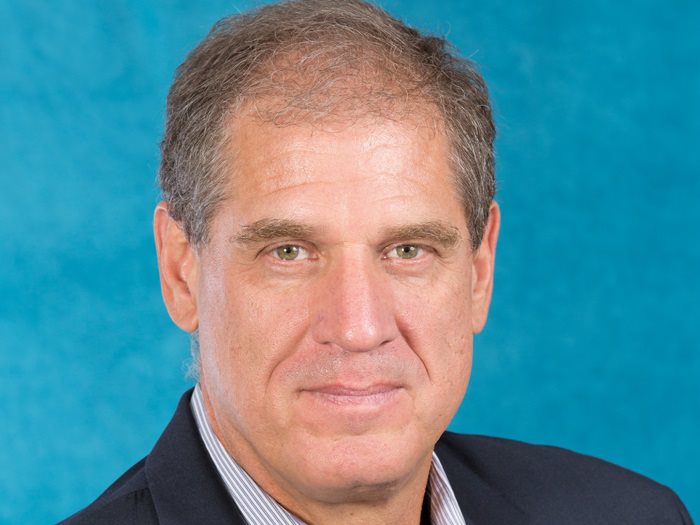Utilization Review
Study Validates California’s UR Process

A relatively small number of physicians and attorneys are involved in independent medical review disputes in California’s workers’ comp system. A new report also finds that denials of requests for compounded medications are nearly always upheld by IMR physicians.
The findings stem from a study of California’s utilization review and IMR system. It suggests that, contrary to what critics have said, the process is working well to ensure injured workers get high-quality medical care and are protected from unnecessary medical procedures.
“Amid continuing debate over whether UR and IMR improve the California workers’ compensation medical dispute process, a new CWCI analysis of IMR decisions from 2014 finds that 91 percent of physician-level UR modifications or denials of treatment reviewed by an IMR physician were upheld, while 9 percent were overturned,” the report said, “suggesting that UR and IMR not only work to assure that the care rendered to injured workers is appropriate, but also provide a needed check against pharmaceuticals, diagnostic tests, surgeries and other procedures that fail to meet evidence-based medicine standards and that could delay recovery or lead to further impairment or disability.”
IMR was implemented in the state’s workers’ comp system after enactment of Senate Bill 863 in 2012. Under the system, medical doctors rely on evidence-based treatment guidelines to resolve disputes over the necessity of recommended medical treatment. It replaced the previous system whereby judges had the final say in the disputes.
The role of the IMR physician is not to perform additional tests on the injured worker. Instead, they review the treating physician’s reports as well as other documentation leading to the UR decision. Once the IMR physician has considered the case, he issues a determination letter stating whether the disputed service is medically necessary.
Medication requests top the list of those included in the IMR process, according to the California Workers’ Compensation Institute. Durable medical equipment, physical therapy, injections, and diagnostic tests and measurement requests comprise the bulk of the remaining services in the IMR process.
The Study
CWCI researchers reviewed data from all final IMR decision letters issued in 2014. The 137,781 cases involved 76,718 injured workers — many with requests for multiple services. In all, there were 260,889 individual medical services involved.
The authors examined the data to determine a variety of factors, including:
- The volume and timeliness of IMRs.
- The number, mix, and uphold rates for medical services that were reviewed.
- The impact that high-volume attorneys and physicians have on IMR.
- The guidelines and other information that independent medical reviewers use to make their decisions.
Findings
“Although the volume of requests for IMR has far exceeded original projections, the study reveals that a relatively small number of physicians are responsible for the vast majority of requested medical services that result in IMR disputes,” the report said.
Most injured workers who requested IMR were represented by attorneys. The researchers used the addressee information on each IMR determination letter to identify the specific individual to whom the decision was sent. They found a small percentage of attorneys are involved in the process.
“The vast majority of 2014 IMR decisions addressed to someone other than the employee were addressed to only a small number of representatives, with the top 1 percent of representatives named on 18 percent of the decision letters last year, and the top 10 percent of representatives named on 65 percent of the letters,” the report said.
With prescription drug requests involved in 45 percent of all treatment disputes that went through the IMR, the authors found 92 percent of the UR decisions involving them were upheld. They then drilled down to determine the types of medications involved and the overturn rates.
“A closer look at the pharmaceutical IMRs found that compound drugs, which have been the focus of controversy both in workers’ compensation and in other health systems, accounted for 12 percent of the pharmaceutical requests, and that less than 2 percent of the compound drug requests were found to be medically necessary by the IMR physician,” the authors wrote. “Among requests for non-compound drugs, opioids accounted for 29 percent of the IMRs, with the UR denials or modifications upheld 91 percent of the time.”
Requests for antidepressants had the highest overturn rate among the top 10 non-compound prescriptions. IMR physicians found they were medically necessary in 23 percent of the cases. Anti-convulsants — sometimes prescribed for off-label use as mood stabilizers or neuropathic pain — had the second-highest overturn rate at 16 percent. The overturn rate for diagnostic tests was 12 percent.
Future. “The UR/IMR process was improved when the requesting physician clearly outlined the reasons for the requested goods and services and backed them up with clinical findings as that helped assure that the ultimate decision on the requested medical service was firmly supported by evidence-based medicine,” the report noted. “Given the small number of providers who generated such a high percentage of the disputed treatment requests, and how few of the treatment requests denied by a UR physician were overturned, it may make sense to engage these physicians directly in conversations about their treatment choices.”
For services that had higher than average overturn rates, the authors suggested they may indicate “areas of medical controversy” that are not fully addressed in California’s Medical Treatment Utilization Schedule. “As pointed out in recent studies, consideration of a drug formulary may be the linchpin needed to reduce workers’ compensation pharmaceutical disputes and control costs.”










